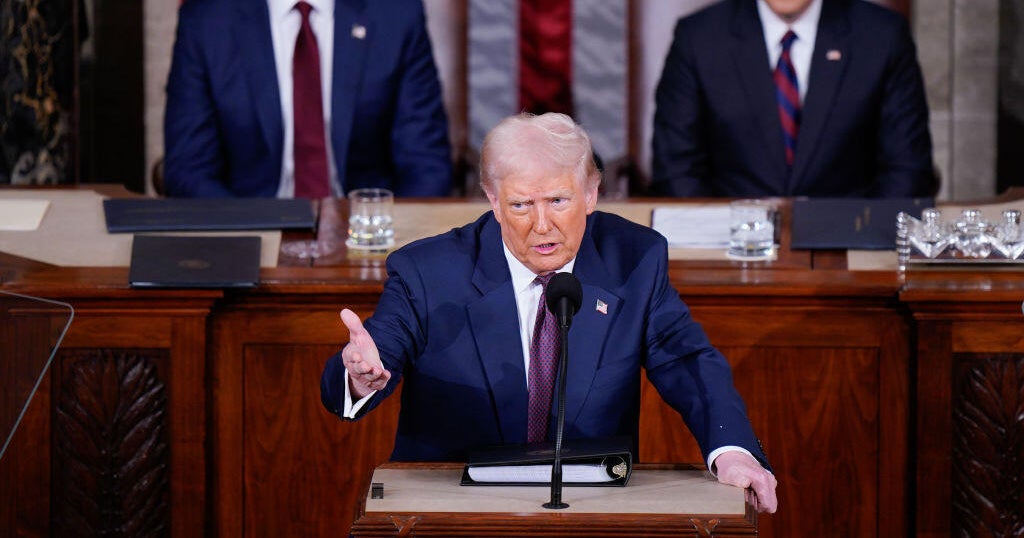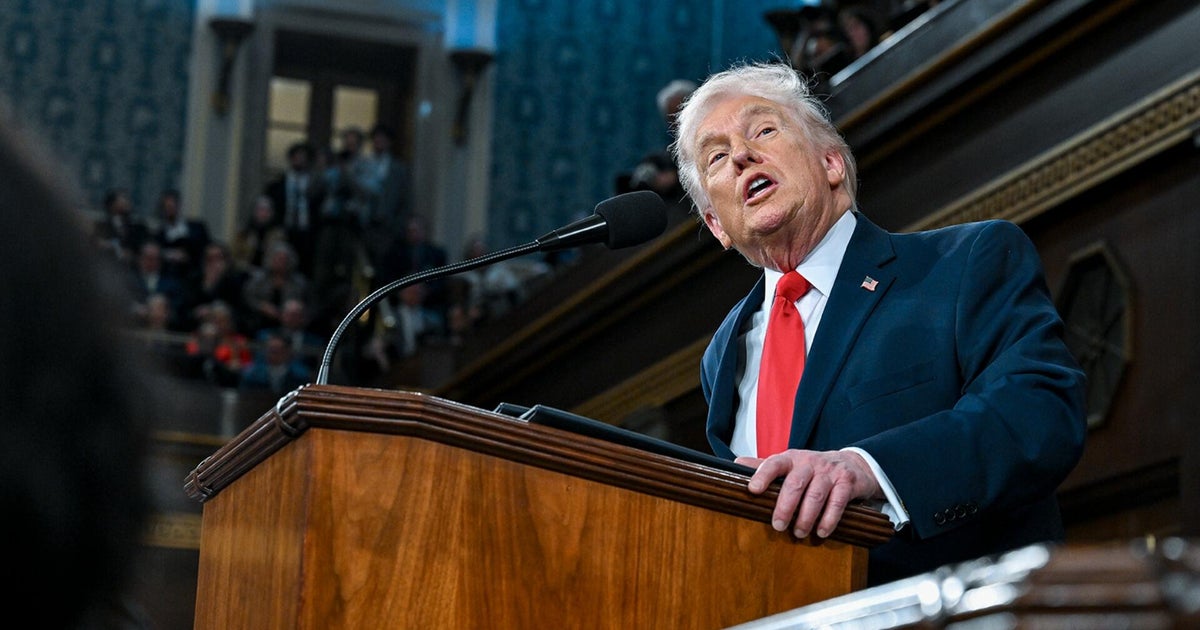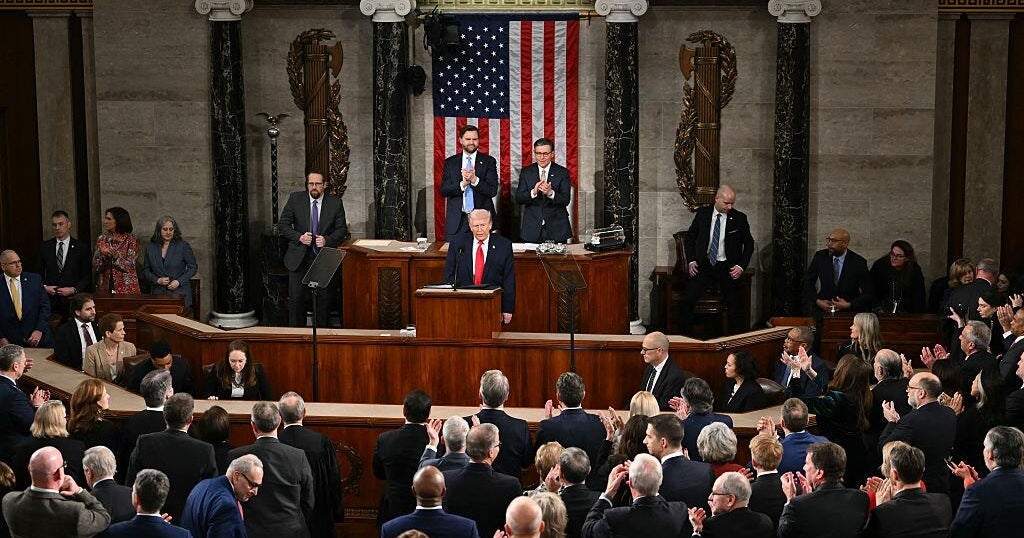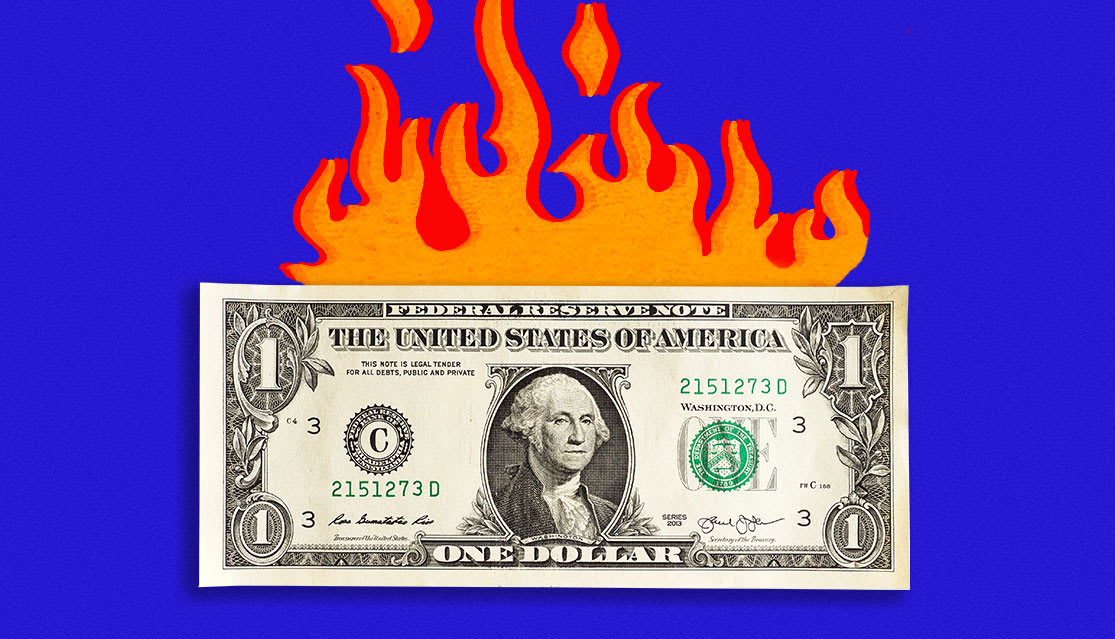Washington is not meeting the needs of small businesses, new survey finds
President Biden will head to Capitol Hill on Tuesday to deliver the State of the Union, and while the economy is showing some positive signs with continued job growth and inflation starting to dissipate, small businesses are facing hurdles. For them, the state of the union may be heading in the right direction – but the state of their relationship with the government is not, and they want action.
Seventy percent of small businesses gave the federal government a C grade or below according to the latest Goldman Sachs small businesses survey. The survey comes on the heels of the news that the unemployment rate in January ticked down to 3.4%, the lowest level seen since 1969.
It shows the federal government is coming up short when it comes to the effectiveness of programs, services and tax credits for small businesses. Part of the problem is awareness; the survey found 85% of businesses gave the federal government a C grade or below for marketing and communicating about what's available to them.
"Business owners don't feel like the programs are all that effective, and they also don't even feel like they have a sense of what's available, some of which maybe is effective," said Joe Wall, national director of Goldman Sachs 10,000 Small Businesses Voices, of the survey of more than 1,800 small businesses in 48 states.
Sydney Rieckhoff, owner of Almost Famous Popcorn in Iowa, said that during the pandemic "small businesses like mine had to innovate and remain nimble to survive and thrive."
"Unfortunately, the historic challenges presented by the pandemic made clear that government programs designed to help small businesses are stuck in the past," Rieckhoff said. "Now, we are navigating our new normal with those same outdated tools and yesterday's programs."
In areas where the federal government works with them, like on access to capital programs, technical assistance and procurements, more likely than not small businesses said they were doing poorly. The only area where the government got better marks was specifically on disaster assistance. Overall, 96% said the federal government needs to be doing more to tailor programs to reflect small business needs and realities.
That's been a frustration for Shaniece Bennett, a small business owner outside Detroit whose consulting and accounting services firm helps other small businesses navigate applications and compliance with government programs. During the pandemic, she helped small businesses apply for PPP and other relief. At times, the process involved information small businesses didn't typically report and wouldn't easily have, which resulted in small businesses missing out. She also noted issues like antiquated government systems that didn't communicate were already known.
"When the pandemic hit and they put together these programs, they were putting together a program in a system that we already knew had problems," Bennett added.
At the same time, small businesses are leaving benefits like tax credits on the table. One example is the Employer Credit for Paid Family and Medical Leave which was part of the 2017 tax law. It was originally renewed one year at a time, but since 2021, it has been extended through 2025. When it had to be renewed on an annual basis, it might not have been worth it for some businesses, said Dane Stangler of the Bipartisan Policy Center. But since it's been extended for multiple years, he said he thinks businesses are missing out and likely don't even know it.
Awareness was especially challenging when there were more credits available during the pandemic. Strangler pointed to the Employer-Provided Child Care Credit, the Employee Retention Credit and the paid leave credit in the Families First Coronavirus Response Act (FFCRA) in recent years that small businesses might not have taken advantage of.
Analysis found that through the first quarter of 2021, only $6.7 billion of the FFCRA credit had been claimed, nowhere near the $100 billion initially estimated. Part of the reason for low uptake was it couldn't be used in conjunction with other forms of relief, but part of the issue was a simple lack of awareness.
Policymakers create these things because they want to help small businesses, Stangler said, but upon passage, effort to help small businesses take advantage of their options can be lacking.
Ahead of the State of the Union, small businesses are calling on Congress to reauthorize the Small Business Administration, which hasn't happened in more than 20 years. Without modernization, it is still operating in a time of dial-up internet and CDs.
"During the pandemic, small businesses like mine had to innovate and remain nimble to survive and thrive," said Sydney Rieckhoff, owner of Almost Famous Popcorn in Iowa. "Unfortunately, the historic challenges presented by the pandemic made clear that government programs designed to help small businesses are stuck in the past. Now, we are navigating our new normal with those same outdated tools and yesterday's programs."
The frustration with Washington comes as small businesses still face ongoing challenges on multiple fronts. The biggest according to the survey: finding employees. Currently there are more than 11 million job openings across the United States, but 82% of small businesses said it was difficult to recruit qualified candidates.
While the pace of inflation is beginning to slow – hitting 6.5% year over year in December down from 7.1% annually in November – the burden of rising costs also remains. According to the Goldman Sachs survey, 72% of small businesses said inflationary pressure has actually increased over the past three months while they're also being hit by greater borrowing costs. And 61% said increased interest rates have had a negative impact on business.
But there appears to be some light at the end of the tunnel: 59% of small businesses said they were hiring – and just over half said they expect to create new jobs this year. At the same time, only 9% of small businesses said they have implemented layoffs.
"I was struck by how optimistic right now they all are. It's a significant shift from what we've been seeing over the last three years," Wall said, noting the majority of small businesses expect increased profits. "They feel like they're off the road to recovery, and for the most part, they feel like they're kind of back to normal."




